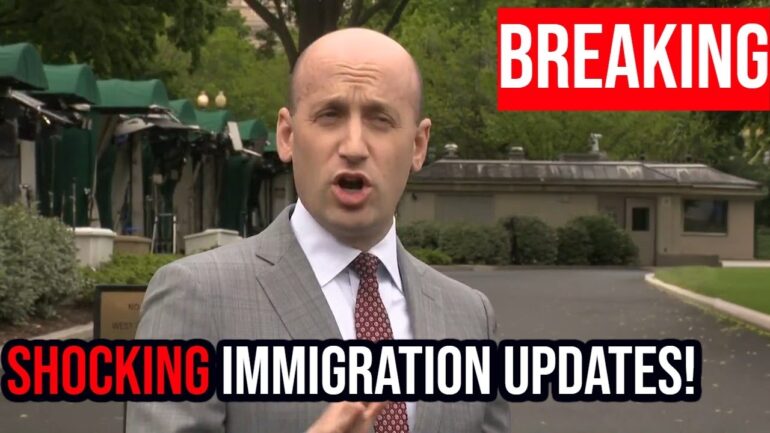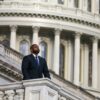🔴 Website 👉 https://u-s-news.com/
Telegram 👉 https://t.me/usnewscom_channel
CONTEXT: Suspending habeas corpus means the government can arrest and hold people without having to charge them with a crime or let them see a judge.
Normally, habeas corpus is a legal right that protects you from being thrown in jail without a good reason. If it’s suspended, the government could detain people indefinitely without giving them a chance to defend themselves in court which will take away all power from activist judges trying to undermine Trump’s executive power on immigration.
White House deputy chief of staff Stephen Miller said Friday that President Trump and his team are “actively looking at” suspending habeas corpus as part of the administration’s immigration crackdown.
🔴Support Golden State Times by SHARING this Video or Stream on Social Media
🔴 Help GST Remain Free and Uncensored Become a Member Here: https://www.youtube.com/channel/UCWXPkK02j6MHW-4xCJzgMuw/join
You Get Awesome perks and Exclusive Community tab where we will share behind the Scene Pictures from the White House.
NOTIFICATIONS:
🔔To get Notified when we go LIVE for a Stream Text AMERICAFIRST to 555888
WEBSITE: https://www.goldenstatetimes.com
SOCIAL MEDIA:
📌Want to report the News? Do it Here:
https://www.facebook.com/groups/TheConcernedCitizen
📌 Like us on Facebook:
https://www.facebook.com/GoldenStateTimes
📌 Follow us on Twitter:
Tweets by Goldstatetimes
📌 Subscribe for more: http://bit.ly/2ul0Cqo
source

